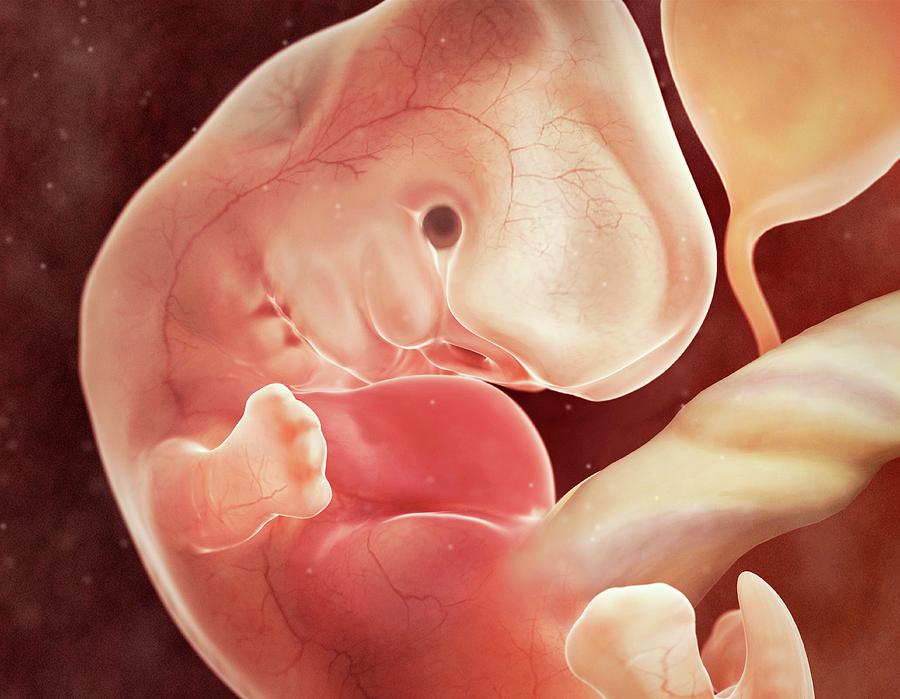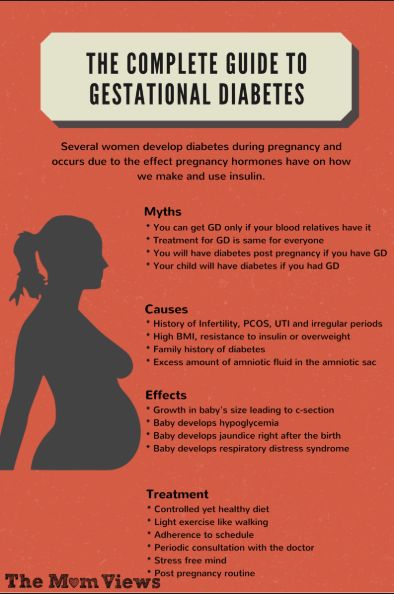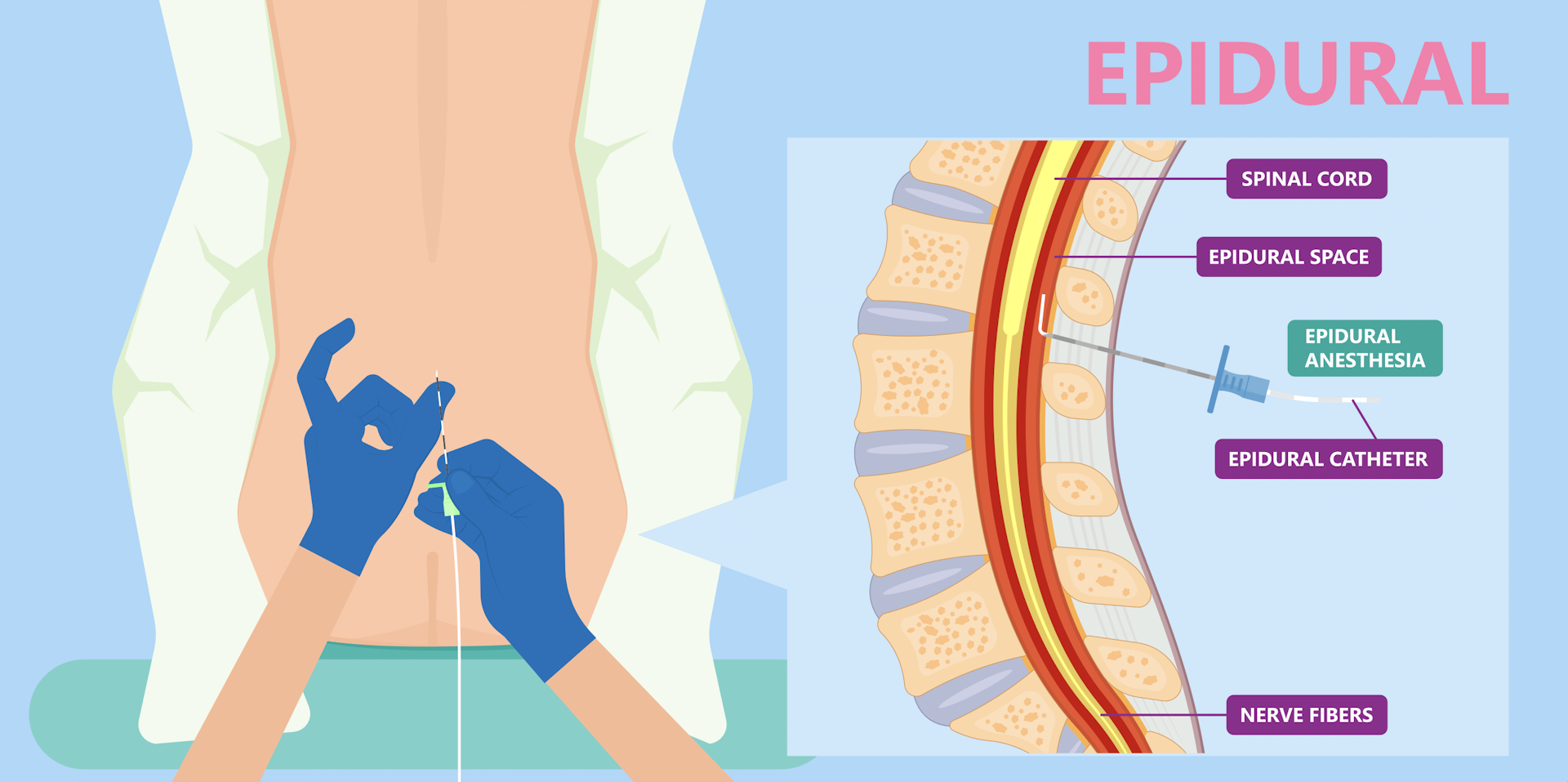Thumbsucking in the womb
Thumb Sucking
Learning to suck their thumbs is one of the first physical skills babies acquire. In fact, ultrasound images have revealed babies sucking their thumbs in the womb! Babies have a natural sucking reflex, and this activity is a normal way for your baby to soothe herself.
If your toddler still turns to her thumb for comfort, no need to worry. Most children give up this habit as they grow, and generally stop completely between the ages of two and four. But what of the child who doesn’t? Should you encourage your child to stop? And when?
When Thumb Sucking Becomes a Problem
After your child turns five, and certainly when her permanent teeth start to arrive, aggressive thumb sucking is something to watch for. This type of vigorous sucking, which puts pressure on the teeth and gums, can lead to a number of problems.
- Open Bite
Our bites are considered normal when the upper teeth slightly overlap the lower where they touch in the front of the mouth. But with aggressive thumb sucking, teeth are pushed out of alignment. Sometimes this results in a condition called “open bite,” where the upper and lower teeth don’t make contact at all. An open bite almost always requires orthodontic treatment.
- Jaw Problems
Your child’s palate and jaw are still growing. Aggressive thumb sucking can actually change the shape of the palate and jaw, and even affect facial structure. Again, orthodontic treatment can help, but prevention is always the better option!
- Speech Difficulties
Prolonged thumb sucking has been suggested as a risk factor for speech disorders such as lisping, the inability to pronounce certain letters, or tongue thrusting.
The consequences from aggressive thumb sucking can be prevented with early intervention. What to do if you are worried?
Talk to Us
First, let us reassure you that most children stop thumb sucking on their own, and with no negative dental effects at all. But if your child is still aggressively sucking her thumb once her permanent teeth have started erupting, or if we see changes in her baby teeth, let’s talk about solutions during an appointment at our Charleston office. We can offer suggestions to help your child break the habit at home. There are also dental appliances available that can discourage thumb sucking if your child finds it especially hard to stop.
But if your child is still aggressively sucking her thumb once her permanent teeth have started erupting, or if we see changes in her baby teeth, let’s talk about solutions during an appointment at our Charleston office. We can offer suggestions to help your child break the habit at home. There are also dental appliances available that can discourage thumb sucking if your child finds it especially hard to stop.
Work with your Child
- Be Positive
Positive reinforcement is always best. Praise her when she remembers not to suck her thumb. Make a chart with stickers to reward every thumb-free day. Pick out a favorite book to read or activity you can share.
- Identify Triggers
Children associate thumb sucking with comfort and security. If your child turns to her thumb when she’s anxious, try to discover what is bothering her and how to reassure her. If she automatically sucks her thumb when she is bored, find an activity that will engage her. If she’s hungry, offer a healthy snack.
If she’s hungry, offer a healthy snack.
- Talk about It!
Depending on her age, it might help your child to understand why stopping this habit is important. We are happy to explain, in a positive, age-appropriate way, just how breaking the thumb sucking habit will help her teeth and her smile.
Again, most children leave thumb sucking behind naturally and easily. But if what is a comfort for your child has become a concern for you, please give us a call. Drs. Don and Mindy will work with you and your child to prevent future orthodontic problems and begin her lifetime of beautiful smiles.
Tags:
Posted on June 24th, 2020
Posted in Uncategorized
When Do Fetus Start Thumbsucking?
Unborn babies do much more than just growing in size during pregnancy. One such astounding activity they engage in is thumb sucking. This is natural, and is a physiological response to stimulus. It is a totally natural and soothing action that many unborn children take in their warm, perfect world.
Sometimes thumb sucking in the womb can be due to a need for emotional comfort, just like outside the womb expressed in children. “How do the tiny things get emotional,” one may ask. The emotions are transmitted from the mother to the baby in a subtle way. This tells you how much you should avoid negative emotions like stress, anger, and sadness during pregnancy.
In most cases, fetuses start thumb sucking as early as the 10th week. At this age, their brains have not yet developed. This means the brain is in no way involved in initiating or controlling the thumbsucking; the baby just does it naturally.
Upon birth, the digit sucking naturally continues, until the age of 2 to 3 years. During this period of life, most kids have a natural desire to suck the thumb, especially when bored, stressed, or faced with any difficult situation.
Most often, kids will stop this non-nutritive digit sucking at this age, majorly due to the fact that they have learned other ways of expressing themselves like speaking.
If the habit continues after 3 years, there is a need to curb it before the addiction becomes too strong (recommended by the American Association of Pediatric Dentists).
Does Thumb sucking in the Womb have any Impact on the Baby After Delivery?A study conducted by one Peter Hepper of the Fetal Behavior Research Centre (Queen’s University), revealed that finger sucking in the womb determines the hand of preference after birth.
The study showed that all the unborn babies who were thumbsucking their right-hand thumbs eventually became right-handed after birth. Additionally, those sucking their left thumb in the womb became left-handed, with a negligible deviation.
Secondly, a thumbsucking fetus will most likely be a thumbsucking kid after delivery. On very rare occasions do non-nutritive digit sucking fetuses quit the habit immediately after birth. It is, therefore, imperative to prepare for a thumb sucker if the ultrasound has shown your unborn baby digit sucking in the womb.
Additionally, scientists argue that finger sucking in the womb, among other activities, is a sign of a healthy baby. Lack of such activities could signal low child development or some sort of sickness which needs to be taken care of early enough.
Unborn babies have quite a number of activities they engage in while in the womb. Such activities include waving hands, smiling, kicking, crying, and thumbsucking. One would wonder how they get to learn these things, but studies have revealed that they just happen naturally.
The next time you go for an ultrasound, try to watch your baby on the screen and admire the little angel naturally having the tiny thumb in its mouth. This will probably help you to prepare for a thumb sucker, though it needs not worry you! By age 2-3 most children grow out of it.
Written by Jane Sarrow
9 abilities of a baby before birth
I remember when I was pregnant I wanted to see what my son was doing in my tummy! One of the assumptions was obvious: he plays football there or trains to be a sumo wrestler, because he kicked and pushed mercilessly. Sometimes the son seemed to freeze and listen to what was happening outside his temporary home. Are you all right there, parents? But much more often he gave a good beating to my ribs. His heels worked non-stop. nine0003
Sometimes the son seemed to freeze and listen to what was happening outside his temporary home. Are you all right there, parents? But much more often he gave a good beating to my ribs. His heels worked non-stop. nine0003
1 Moves
Already at the very beginning of pregnancy, around the 9-10th week, the baby begins to move. But he is still so tiny that mommy simply does not feel his movements. A lot of activity in the crumbs begins from about the 12th to the 24th week. It is at this time that the child still has enough space in the mother's tummy to "turn around" to the fullest. The peanut plays with the umbilical cord, bends and unbends the arms and legs, sucks his thumb and generally spins inside his mother like a top. In the last weeks of pregnancy, the baby makes already deliberate movements: she rubs her eyes, touches her face. But there is less and less room to maneuver. Therefore, the little one is diligently moving his arms and legs - “pushing”. nine0003
Do not miss
-
Don't miss
Everything a mom-to-be needs to know about baby moving in her belly
2 Hiccups
In the second half of pregnancy, starting from about the 27th week, the baby sometimes . .. hiccups. The baby moves not only the arms and legs, but also the diaphragm. Diaphragm movements can be detected on ultrasound even in the first trimester. When a convulsive contraction of the diaphragm occurs, the baby hiccups. Some experts are inclined to believe that hiccups are a kind of training for independent breathing. According to another version, this is the result of the fact that the little one swallowed amniotic fluid. In addition, the involuntary process of diaphragm contraction can also be considered as a kind of massage that contributes to the normal development of the internal organs of the crumbs. Scientists have not yet come to a consensus. nine0003
.. hiccups. The baby moves not only the arms and legs, but also the diaphragm. Diaphragm movements can be detected on ultrasound even in the first trimester. When a convulsive contraction of the diaphragm occurs, the baby hiccups. Some experts are inclined to believe that hiccups are a kind of training for independent breathing. According to another version, this is the result of the fact that the little one swallowed amniotic fluid. In addition, the involuntary process of diaphragm contraction can also be considered as a kind of massage that contributes to the normal development of the internal organs of the crumbs. Scientists have not yet come to a consensus. nine0003
3 Reacts to light
At the 6-7th month of pregnancy, the baby reacts to bright light, and this despite the fact that the function of vision in the baby is not in demand until the very moment of birth. And yet, even while in the uterus, the baby sees! If you direct a bright source of light, such as a lamp, at the belly of a pregnant woman, you can see how the baby grimace (grimaces) with displeasure, closes his eyelids (squints), or even turns his head. Some babies, especially in the last trimester, really dislike the light and even turn or turn over so as to remain in a comfortable twilight. nine0003
Some babies, especially in the last trimester, really dislike the light and even turn or turn over so as to remain in a comfortable twilight. nine0003
Do not miss
4 Stretches and yawns
The peanut can yawn as early as the 10th week of pregnancy. From about the 24th week, yawning becomes his constant companion, and the baby yawns several times a day. But by the end of intrauterine development, it almost stops. The baby, when he yawns, can reflexively stretch, as do adults. By the way, scientists still do not know the answer to such a simple question: why do we yawn at all? If we do this regularly throughout our lives, does it mean that we still need it for something? It is believed that yawning is responsible for the thermoregulation of our body, and at the time of embryonic development, the baby trains jaw movements in this way. nine0003
5 Teases
By the 36th week, almost before the birth, the baby already has an almost full range of emotions. If a bright source of light is directed at the mother's tummy, the baby may frown, close his eyes and turn away.![]() If mommy has just eaten something sweet or already loved by the baby, then he smiles. Sometimes the child even sticks out his tongue and makes a face. Of course, he does not tease, grimaces and expresses joy in our understanding. Just like that, he grows and hones all the shades of emotions. nine0003
If mommy has just eaten something sweet or already loved by the baby, then he smiles. Sometimes the child even sticks out his tongue and makes a face. Of course, he does not tease, grimaces and expresses joy in our understanding. Just like that, he grows and hones all the shades of emotions. nine0003
6 Thumb sucking and amniotic fluid drinking
Starting at about 11 weeks, baby sucks on his thumb. The longer the gestation period, the more time he devotes to his favorite pastime - thumb sucking. Some experts draw parallels between which hand the baby sucks his thumb on before birth and who he then grows up to be - left-handed or right-handed. From about the 12th week of pregnancy, the baby begins to swallow amniotic fluid. This contributes to the development of his digestive system. When his taste buds are already sufficiently developed, the baby can even "taste" the food that mom eats and appreciate it. They say that it is during this period that the taste preferences of the child are laid. At the end of the first trimester, when the embryo receives the status of a fetus, it is already able to excrete urine. nine0003
At the end of the first trimester, when the embryo receives the status of a fetus, it is already able to excrete urine. nine0003
7 Playing with the umbilical cord and clapping
A toddler has a favorite toy even before he is born. It's... the umbilical cord. Yes, yes, the very umbilical cord through which the baby receives nutrition. The baby periodically reaches the umbilical cord and plays with this "rope", although of course so far these are just involuntary movements - harbingers of a grasping reflex. The same can be said about the baby's ability to clap. His exercises and patty games are clearly visible on ultrasound. So your child trains motor skills, which will be useful to him in the future. Mommy should not worry if she feels pretty strong pushes of the little one. A moderately active baby in the tummy is very good. So everything is going as it should. nine0003
Do not miss
-
Don't miss
How risky is entwining the baby's umbilical cord?
8 Listens to the mother's heartbeat and other sounds
From the second half of pregnancy, the baby already hears - that is, it reacts to sound impulses and responds to them with a rapid heartbeat or the movement of tiny arms and a little body.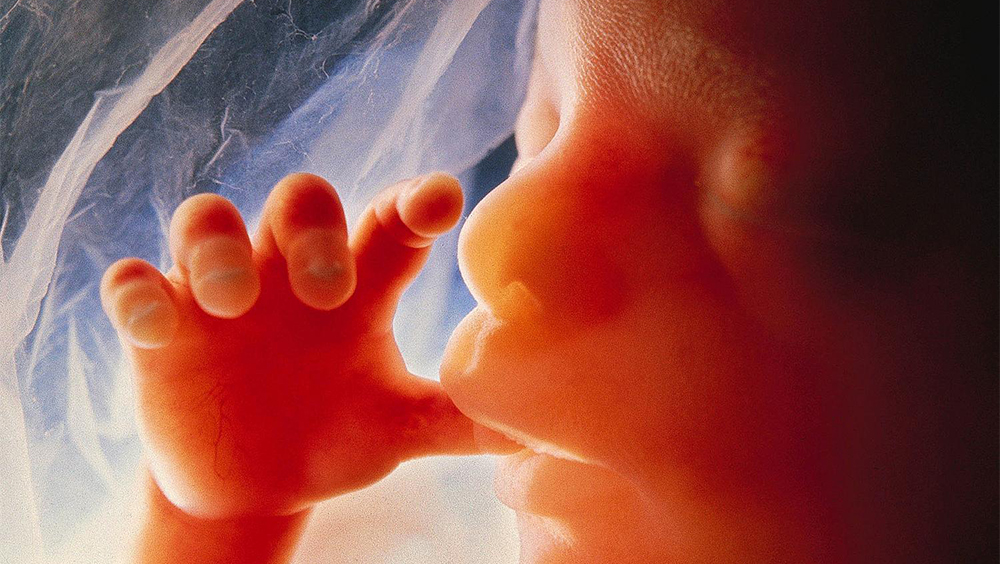 By the 26th week, he is able to distinguish sounds. Hearing plays a very important role in the study of the outside world. That is why future parents are advised to talk to the "tummy" so that the baby gradually gets used to the timbre of the voices of mom and dad. Classical music has a positive effect on the development of the baby. In addition to the sounds of the “outer” world, the baby perfectly hears the inner world: the mother’s heart is beating, the blood is roaring, the intestines are rumbling. nine0003
By the 26th week, he is able to distinguish sounds. Hearing plays a very important role in the study of the outside world. That is why future parents are advised to talk to the "tummy" so that the baby gradually gets used to the timbre of the voices of mom and dad. Classical music has a positive effect on the development of the baby. In addition to the sounds of the “outer” world, the baby perfectly hears the inner world: the mother’s heart is beating, the blood is roaring, the intestines are rumbling. nine0003
9 Sleeps
In the second trimester of pregnancy, the baby sets its own, special rhythm of sleep and wakefulness, which, as a rule, not only does not coincide with the mother's regimen, but goes against it. When mom is sleeping, the baby is awake. And vice versa. Approximately 90% of the time the baby sleeps. Take advantage of this to do household chores and relax. The fast phase helps brain development. By the way, many mothers most often feel how the baby is active and pushing at night, when they are going to sleep, and at this very moment the baby decides to tell her mother: “Good morning!”. By the 30th week, restful sleep appears, and by the 36th week, the sleep phases are cyclical. nine0003
By the 30th week, restful sleep appears, and by the 36th week, the sleep phases are cyclical. nine0003
What impression did this article make on you?
How to wean a child from sucking his thumb: advice from a pediatrician and a dentist
Why a child sucks his thumb
As Irina Meshcheryakova, a pediatrician at the SM Clinic in St. Petersburg, explained to Gazeta.Ru, the reflex process of sucking appears in children even in the womb. Often, with an ultrasound examination, it is possible to see that the child is sucking on his fingers.
After the birth of , baby may suck her thumb to satisfy the sucking reflex - especially if the mother, for some reason, stops breastfeeding too early and transfers the baby to artificial feeding. Also, most children put their fingers in their mouths for the purpose of self-soothing. nine0003
“If a child is anxious, then such an activity allows him to feel the comfort and security that he receives at the mother’s breast,” explains the pediatrician.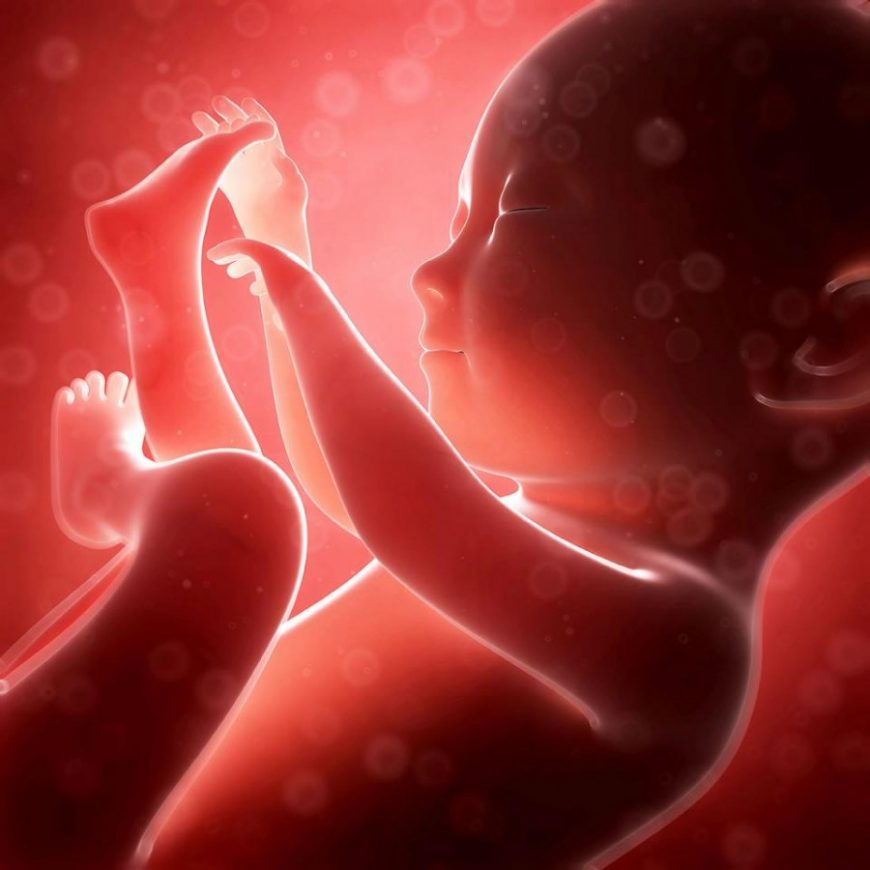
The habit of thumb sucking can be explained by problems in the emotional sphere, for example, when a child lacks acceptance, care and love.
Why is the habit of sucking fingers dangerous? from the gastrointestinal tract. And, of course, do not forget that the oral cavity is the "entrance gate" for infection. Unwashed hands that a child constantly puts into his mouth are the cause of many infectious diseases.” nine0003
In addition, the doctor warned that you need to pay attention to how the child holds his fingers in his mouth: loosely or presses on the gum. In the second case, bite changes, the formation of a gap between the upper and lower front teeth, forward tilt of the front teeth, narrowing of the upper jaw are possible.
How does breastfeeding affect the bite? and head and body position. The muscles that help develop the jaws correctly are involved, in particular the position of the lower jaw. Thanks to this, the correct position of the articular head and articular surface is formed.
 nine0003
nine0003 Starting a baby early on artificial feeding can develop a habit of sucking his fingers - in this way the baby will try to get closer to the sensations that he experienced at the mother's breast. However, this is fraught with the formation of an incorrect bite.
close
100%
Formation of malocclusion (open bite)
Vladimir Losev warns parents that bite deformity can be caused not only by a baby's thumb sucking habit, but also by the use of an incorrect nipple when switching to artificial feeding. The situation is aggravated when the child lies not on its side, but on its back - in this position, other muscle groups are involved (in contrast to what happens during natural breastfeeding), which leads to an incorrect formation of the lower jaw. nine0003
“This leads to a decrease in the volume of the lower jaw, it narrows - accordingly, there is a decrease in the volume of the oral cavity, there is little room left for the tongue, it begins to strive outward. All this causes the front teeth to be pushed out - thus an open bite is formed, ”explains the doctor.
The dentist also noted that there are special anatomical nipples that are designed so that the child does not experience bite changes and is formed correctly, as during breastfeeding. nine0003
“They must be used from six months to a year. During this period, the formation of the joint takes place, ”explains Vladimir Losev.
It is also important to wean the child from sucking fingers in time.
close
100%
At what age should a child stop sucking his thumb
Coercion will only slow down learning: how to potty train a child
The process of potty training a child for most parents looks difficult and lengthy ...
April 21 12:26
In the first year of life, the habit of sucking fingers is not so dangerous, however, the sooner the child gets rid of it, the less unpleasant consequences it will have, explains Irina Meshcheryakova.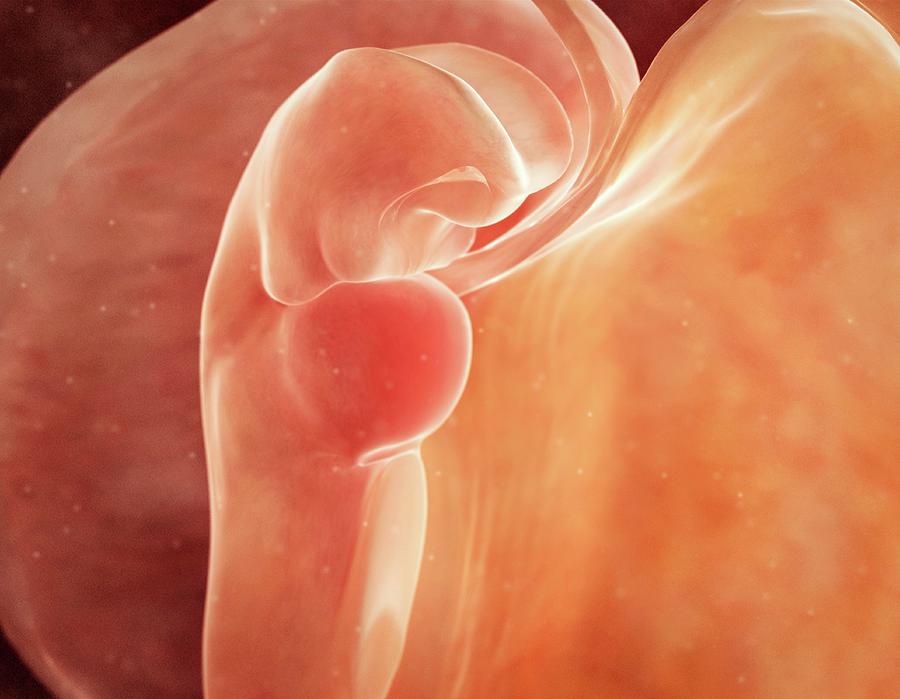
“It is believed that at the age of three or four this habit should disappear on its own and without any special consequences. The main thing is that the child should stop sucking his thumb before the age of six or seven, when the milk teeth are replaced by permanent ones. If the habit persisted at an older age and permanent teeth fell under the influence, then you need to contact an orthodontist, ”comments the pediatrician. nine0003
How to wean a child from thumb sucking
If a small child constantly puts his fingers in his mouth, then the correct approach to feeding will help to get rid of this habit.
“If the baby sucks his fingers between breastfeeds, it is worth increasing the time of the meal. If the child is artificially fed, the diameter of the hole in the nipple should be reduced so that the feeding process becomes longer,” recommends Irina Meshcheryakova.
The pediatrician emphasizes that in no case should a child be punished for a bad habit.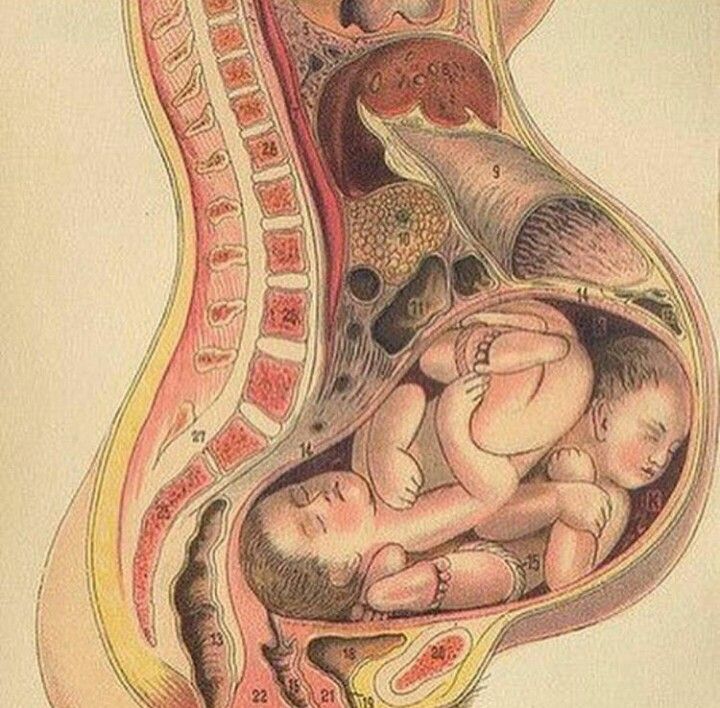 Parents who try to wean their child from sucking fingers with mustard are also making a mistake. nine0003
Parents who try to wean their child from sucking fingers with mustard are also making a mistake. nine0003
Build, destroy and hide. How a child’s body and psyche “breaks down” without ordinary games
Any healthy child is inquisitive by nature - even the simplest toys make him...
April 21 12:31
“You should not try to smear a child's fingers with strong-smelling substances, bitter varnish or savory sauces - this will not lead to the desired result. The baby can be put on mittens at night so that he cannot suck his finger in his sleep, and during the day gently remove the hands from his mouth. You need to control this process calmly and methodically. But no more than that, since the stress of screaming or punishment, on the contrary, will lead to the fact that the baby will suck his fingers even more - because this process calms, ”warns Dr. Meshcheryakova. nine0003
If you can't get rid of this habit, then you should think about the psychological state of the child.